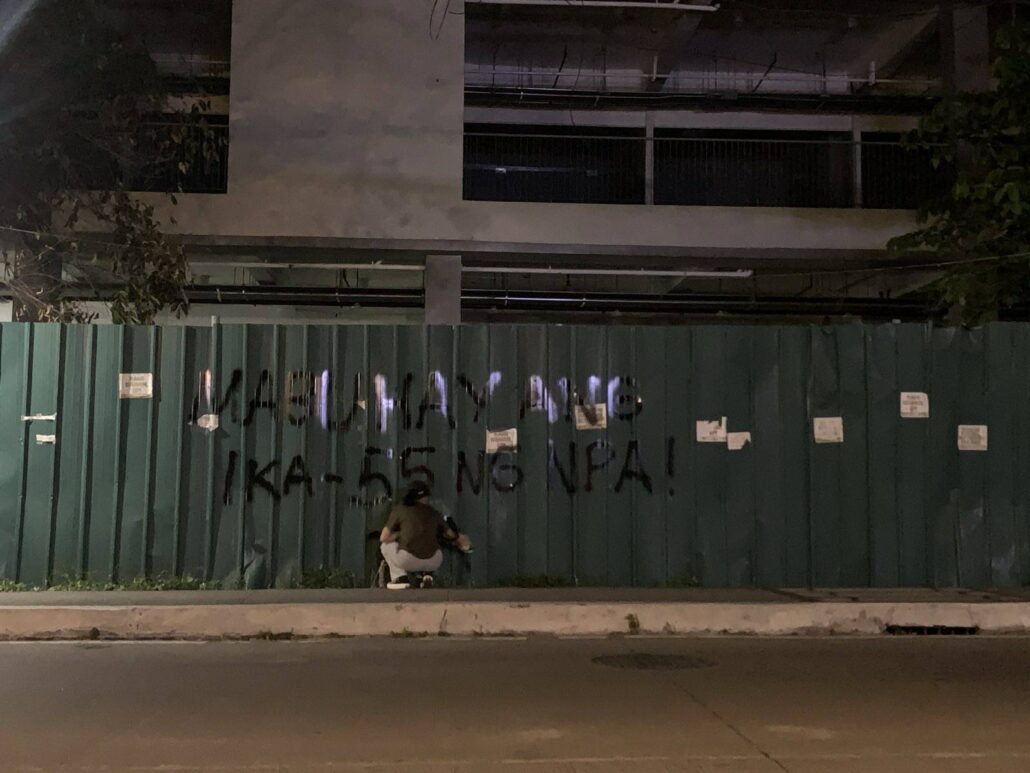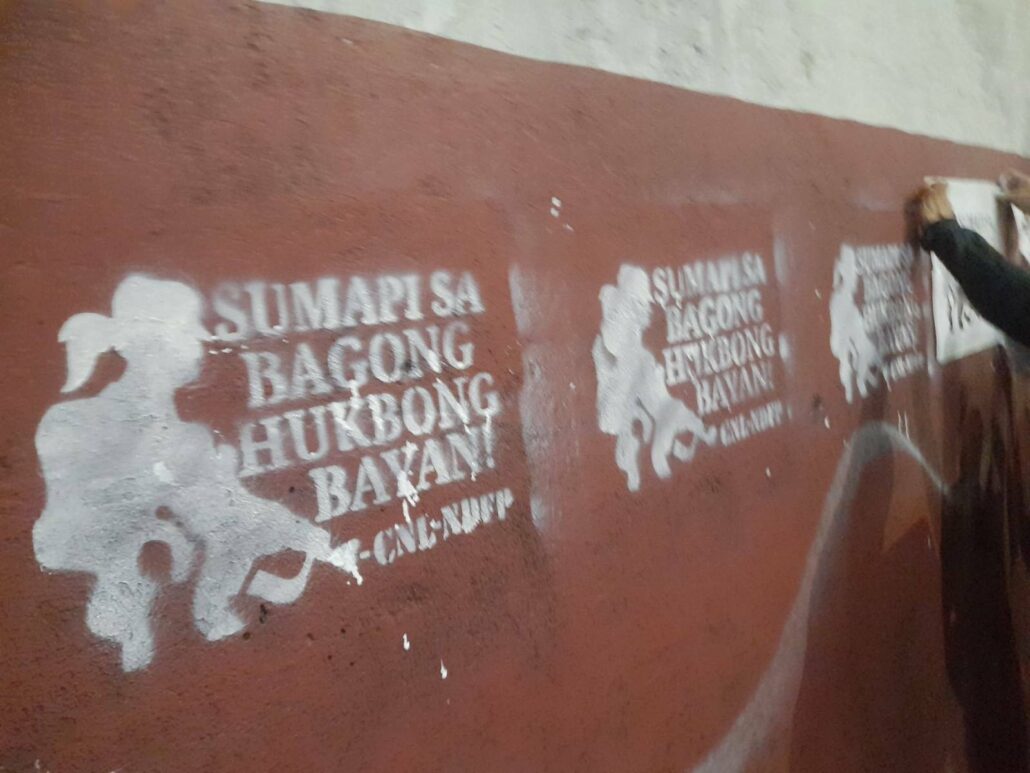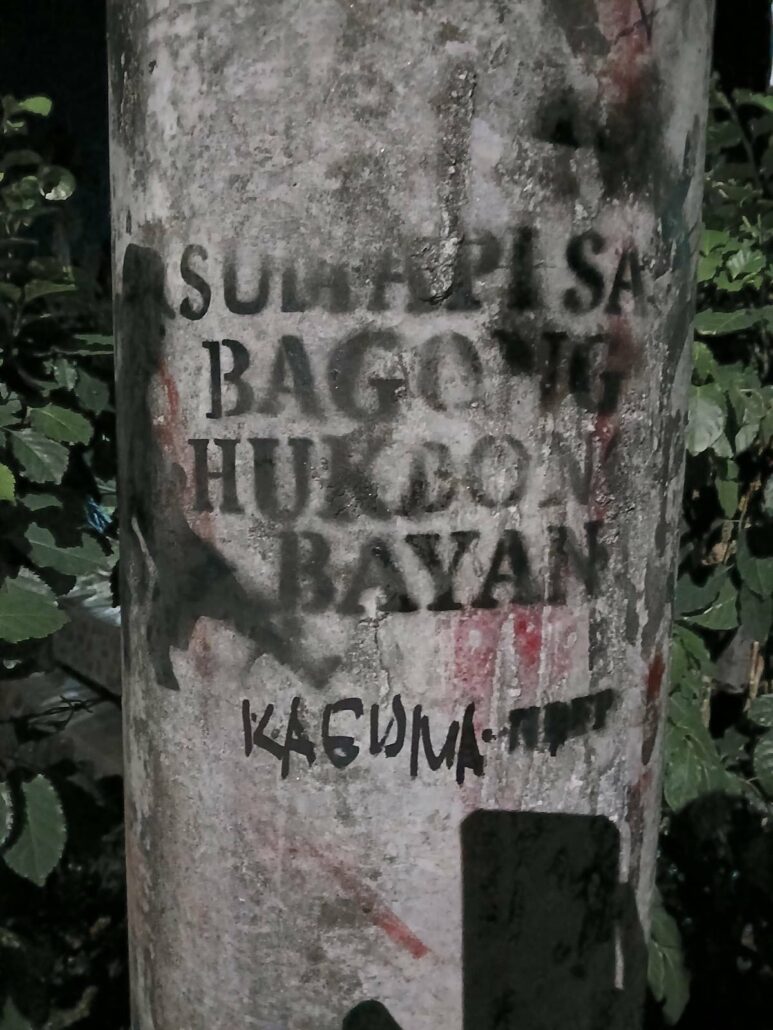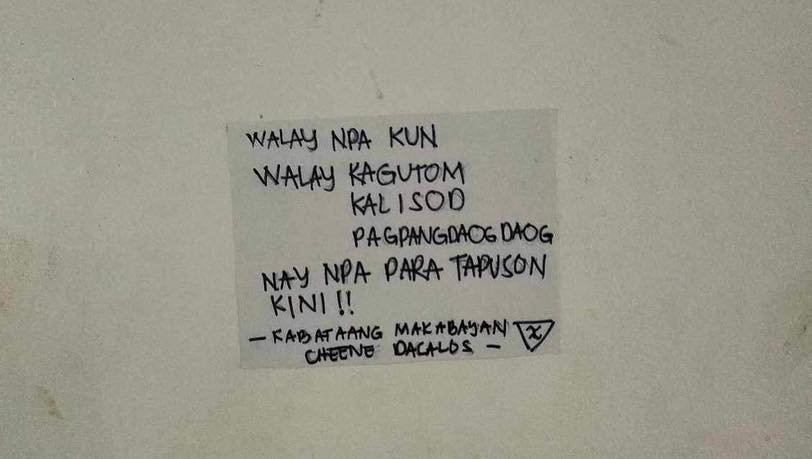NDFP celebrates 51st anniversary, foresees resurgence
The National Democratic Front of the Philippines (NDFP) foresees another resurgence in its revolutionary struggle following the Communist Party of the Philippines’ (CPP) third rectification movement launched last December.
In a message to members and supporters on the occasion of its 51st founding anniversary today, April 24, Luis Jalandoni, NDFP chief international representative, said they remain confident of complete victory in the struggle for national and social liberation.
“On the firm foundation of the 51 years of glorious revolutionary struggle and the resurgence that inevitably follows rectification we are confident of winning more battles in the years to come,” he said.
In his statement, Jalandoni also urged NDFP allied organizations as well as the “fighting Filipino masses” to continue “resist[ing] imperialist wars and confront chronic crises.”
Jalandoni said Filipinos are facing the real threat of “inter-imperialist armed confrontation” between the United States and China, made worse by the ongoing Balikatan war exercises “intent to transform the Philippine archipelago into a forward military base where the US can station is military personnel, warships, anti-aircraft weapons and other war materiel.”
A weakling amid bullies
For the ongoing exercises, the US Army for the first time has deployed new ground-based missile launchers, in Northern Luzon capable of supporting Tomahawk cruise missiles and other projectiles against China.
US Naval News said the mid-range capable launchers, known as the Typhon Weapon system were created to address “the wide range of threats” from both China and Russia.
China for its part condemned the Balikatan, saying it will only lead to greater insecurity in the South China Sea.
China warned that the Philippine government should be “sober enough to realize” that allowing external countries to hold war games is a provocation that will only aggravate tensions and undermine regional stability.
“Attempts to bring in external forces to safeguard its so-called security will only lead to greater insecurity for itself,” People’s Republic of China foreign ministry spokesperson Lin Jian said at a press briefing in Beijing.
Jalandoni said Philippine President Ferdinand Marcos Jr. is serving the Filipino people on a silver platter to its US imperialist master is dragging the Philippines in a brewing hot war with China.
Reasons to resist
The former NDFP chief peace negotiator said that while Philippine sovereignty is being undermined by both the US and China, Filipinos are also subjected to worsening economic conditions under Marcos Jr.
He pointed that farmers are subjected to systematic and criminal neglect by not providing substantial air and support during El Nino.
Jalandoni added that the working classes suffer from varying schemes of labor exploitation as wages remain depressed amid sky-rocketing prices of basic goods and services.
“Despite the consecutive onslaughts of economic crises and the threat of war, the Filipino fighting masses remain persistent in the struggle for national liberation and democracy,” he said.
Jalandoni said the NDFP persists in uniting the peasants and the working class in their struggle for national and social liberation.
An underground organization composed of revolutionary groups such as the CPP and the New People’s Army, the NDFP is engaged in peace negotiations with the Manila government for more than three decades. # (Raymund B. Villanueva)




